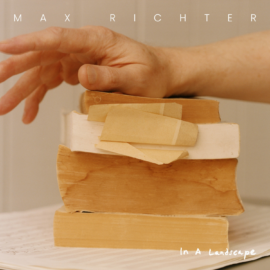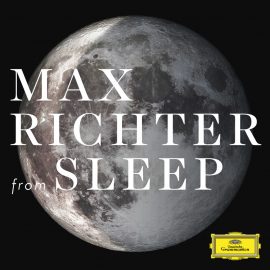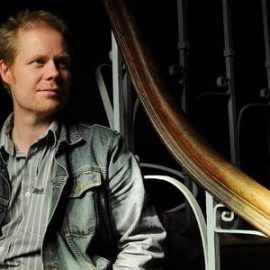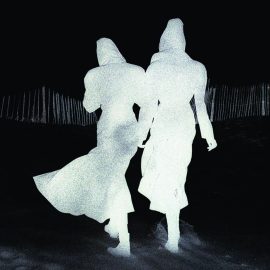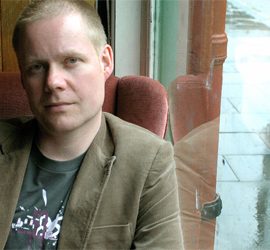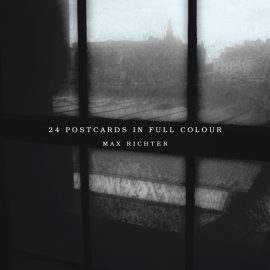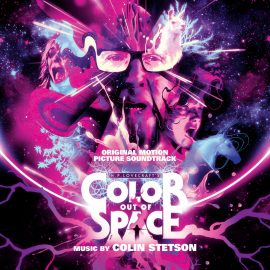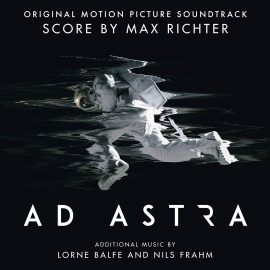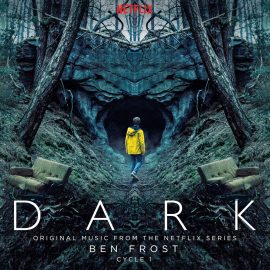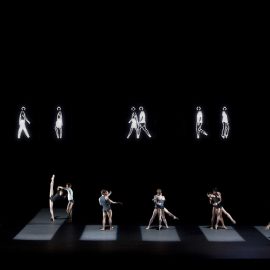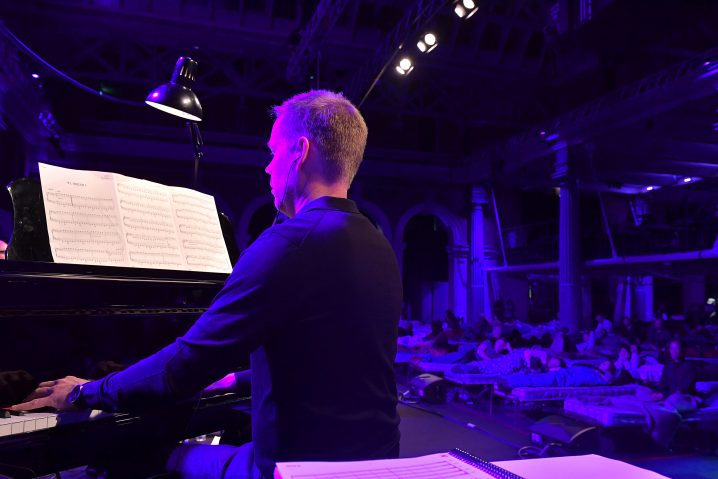
I am standing on a sprawling ridge. It is green with vegetation and the meadow slowly sways with passing breeze. Just over the cliff, I can hear an ocean, its waters gently kissing the beach. Up above there are blue skies, swelling with the vapor into drifting silky clouds. It’s hard to believe that places like this exist on this earth, all on their own, devoid of the past and free of the future. Only the music could mark passing time, its rhythm surveying the measures, from one symphonic passage to the next.
I wake up on a cot in an Old Billingsgate grand hall. It is 3 am, and Max Richter is now well half way into his eight-hour long, overnight performance of Sleep. The auditorium is large, with a second-floor balcony, and it is filled with beds, spaced apart with enough room for a drifting meditator to make his passage in the dusk. I close my eyes and melt into the music. The pensive bass is deep and weighing, leisurely reverberating the walls, the floor, the bed and my body. The piano chords are vibrant and amazingly vivid. The strings absorb the space between them, resounding across the surface of the hall. The melody is drifting further into reverie… and I sink…
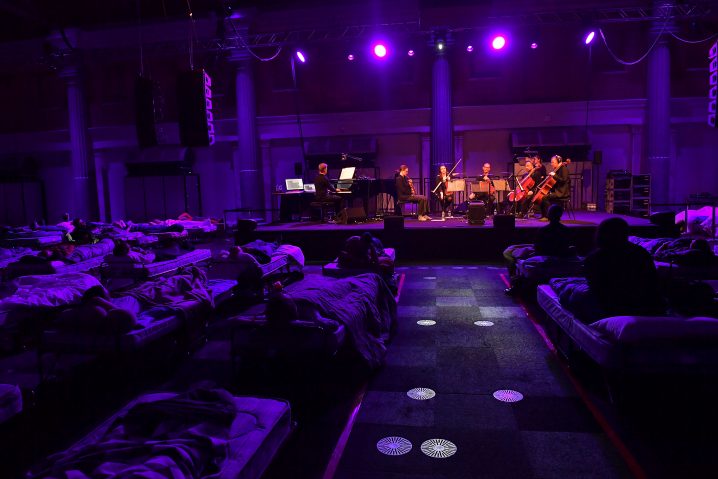
I try to remember these words, holding on to the experience in hopes of somehow describing this state. Suddenly I think of taking a photo. I walk around to the terrace and make my way towards the window of the dome. Below me, I can see Max Richter turning the pages in the lackluster light, pendulating with his body to the wistful rhythm. I take out my phone and take a photo. As the strobe goes off I immediately realize my grave error – they specifically asked the audience not to use the flash, and here I was infringing on the rule. I am abashed, walking out towards the exit. The carriage is waiting for me outside, and the steam slowly hovers around the horse’s nostril. I brush its mane and press my face against its muzzle. And then I wake up on a cot in an Old Billingsgate grand hall among 450 strangers… and it’s only 3:15…
Richter describes Sleep as a ‘lullaby for the modern world’, but this is so much more than music to send you to sleep – this is music to engulf your dreams. […] Soundtracking your thoughts as you drift through sleep, it’s an extraordinary piece of music, one that transports you to somewhere between wakefulness and sleep, between lucidity and dreaming, between this world and another.
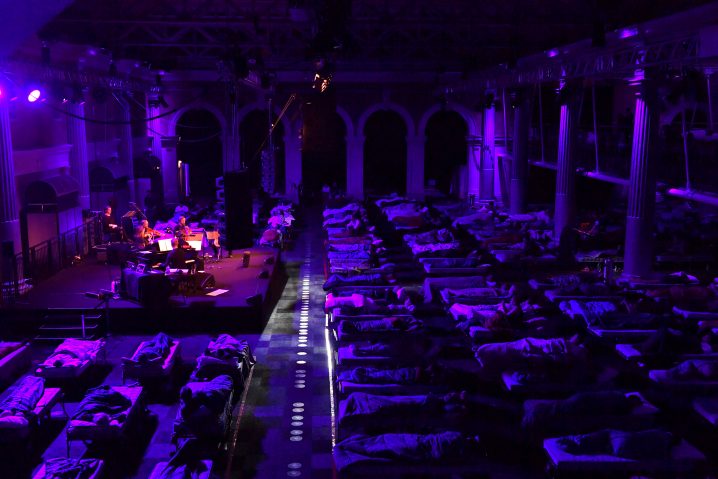
Richter composed this eight-hour piece in consultation with neuroscientist David Eagleman, designed to explore the effect of music on the subconscious mind. Intended as a score to explore the drifting states of mind between wakefulness and sleep, the music is designed to calm the alpha wave activities of the brain. The dynamics and frequency spectrum has been deliberately muted, to mirror the sounds we may have heard from the womb. The whole experience is akin to being suspended in a gelatinous fluid, yet not too viscous, like a feather floating on rising heat.
“It’s not intended just as a sleeping pill,” Richter explains. “It’s more about a meeting point between music and consciousness, but consciousness in a different state. It’s really just asking questions about whether those two things can fit together in this different way, and if so, what happens.”
Sleep was released in 2015 on Deutsche Grammophon, as a CD, a 2×12″ vinyl, containing the excerpts From Sleep, and also as an 8xCD box set (including on Blu-ray), along with a 31-track digital FLAC (24-bit/96kHz). Sleep was also broadcasted live on BBC Radio 3, and instantly became the longest live broadcast concert in radio history. Of course, nothing could replace this live performance, but you could be sure that I would listen to the album during the night again. I can’t recommend this experience highly enough – it’s truly once in a lifetime. Thank you, Max, for creating this beautiful moment!
Words by HC
Photos by Mark Allan / Barbican
